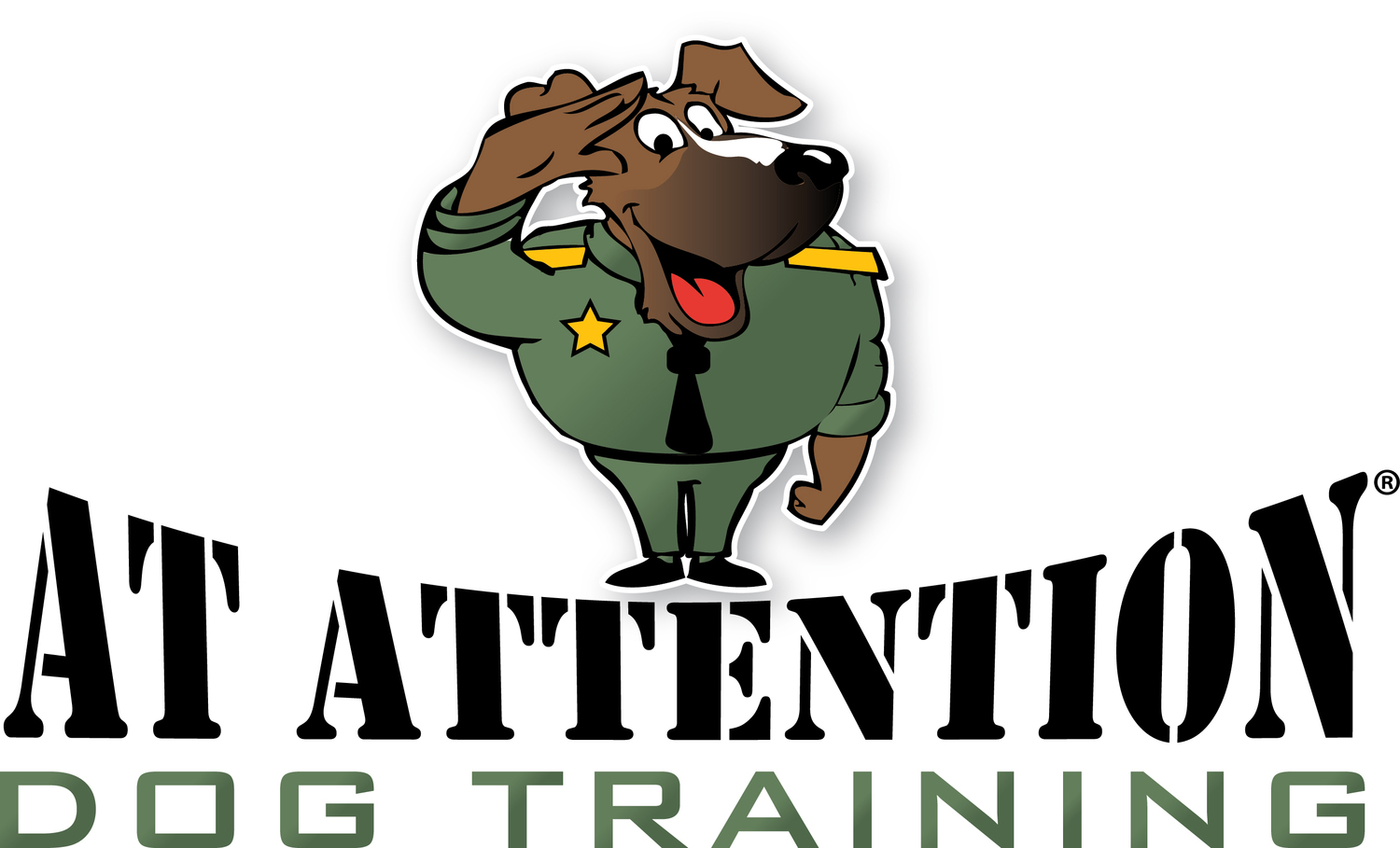When it comes to training dogs there is one thing that has to be leveraged before you even begin. What is this really important thing you ask? Motivation. Let me restate that, MOTIVATION! If you are not using proper motivators for the animal, then you may end up with a frustrated dog and a disappointed human. One of the most effective motivators for dogs is food. This is because food can be highly repeatable, and it is relatively inexpensive. With a handful of chicken, you can train a dog to do just about anything.
Unfortunately, we are left here in the United States with a lot of misinformed dog owners, and even more frustrated pooches due to some common myths about using food in dog training.
Myth # 1: Food is a bribe!
This could not be further from the truth. This would be the equivalent of saying your bi-weekly paycheck is a bribe. Forms of payment are reinforcement. Even though you may not like going to work, you are motivated to do it because of the reinforcement in the form of your paycheck. Dogs need a paycheck to, and in some cases that comes in the form of a yummy treat. Luckily, dogs aren't motivated to work for dollar bills, so food is very reasonable!
Studies have actually shown that dogs are actually more motivated to work for a form of reinforcement upon completion of an operant behavior, as opposed to receiving the food for free. This is known as the 'Eureka Effect'. Therefore, we should actually be asking our dogs to work for us for their payment, their food.
Myth #2: Using food causes dogs to overeat and my dog will get fat!
I've heard people say this before and it makes me chuckle. It shows that they have no understanding of training an animal. I guess they must think that you walk around all day constantly feeding the dog and they will consume 7,000 calories and will plump up like a balloon.
The reality is, when training animals you should keep sessions short. Typically, no more than 30 minutes is best. I am a big fan of multiple short 5-10 minute sessions per day though. Not only will the dog perform better in short sessions, it will be nearly impossible to overfeed them. In many cases, we actually practice deprivation in dog training. This is where we withhold food from the dog (such as a single meal) and then use that hungry stomach to leverage motivation with yummy treats. A hungry dog is a dog who will work for food!
Myth #3: My dog isn't motivated by food!
Nonsense! Dogs are biological creatures who are omnivores. This means that the dog needs food to survive just like they need oxygen and water to survive. Saying a dog isn't motivated by food to me sounds like saying, "My dog isn't motivated to breathe air". It makes no sense!
Most likely, you probably are doing something wrong in your training if your dog isn't motivated by food. Here are some common things to consider:
- Has the dog eaten already? -> Reduce caloric intake aka deprivation
- Are they too stressed to eat? -> Reduce stressors
- Is the dog sick? -> check up at the vet
- Are the treats good enough? -> Raise the value of your treats (some dogs can be picky)
Myth #4: My dog should listen because I am the boss!
Well, perhaps you should continue going to work, except let's take away all of your paychecks. What if your boss told you to keep coming to work, but that he has to no longer pay you. You will do it because you are loyal and he/she is your boss right? We already know that there is no dominance hierarchy between dogs and humans. If we are asking our dog to do work for us, we need to reward them for it, just like you get rewarded for your work.
Myth #5: My dog will only work for me with food present
This is actually common, but it is a myth because it is not inherent. It is a learned behavior. When training properly it is important to use a method known as fading where you essentially try to take the food out of the equation for dogs. You may still reward them with food, but they don't know it's coming. When you pair this with the utilization of secondary motivators such as praise, affection and markers, then you can very easily get them off of a requirement of food.
Lastly, leading behaviorists exclaim that you should never drop below a 30% reinforcement schedule. As you start to reward the dog less and less for the same behaviors (which you should do properly when training), make sure that you never drop below that 30% threshold. Otherwise, you may find that you are losing the strength of a given behavior.
At Attention Dog Training is a dog training company founded by David Shade and based in King of Prussia, PA.


